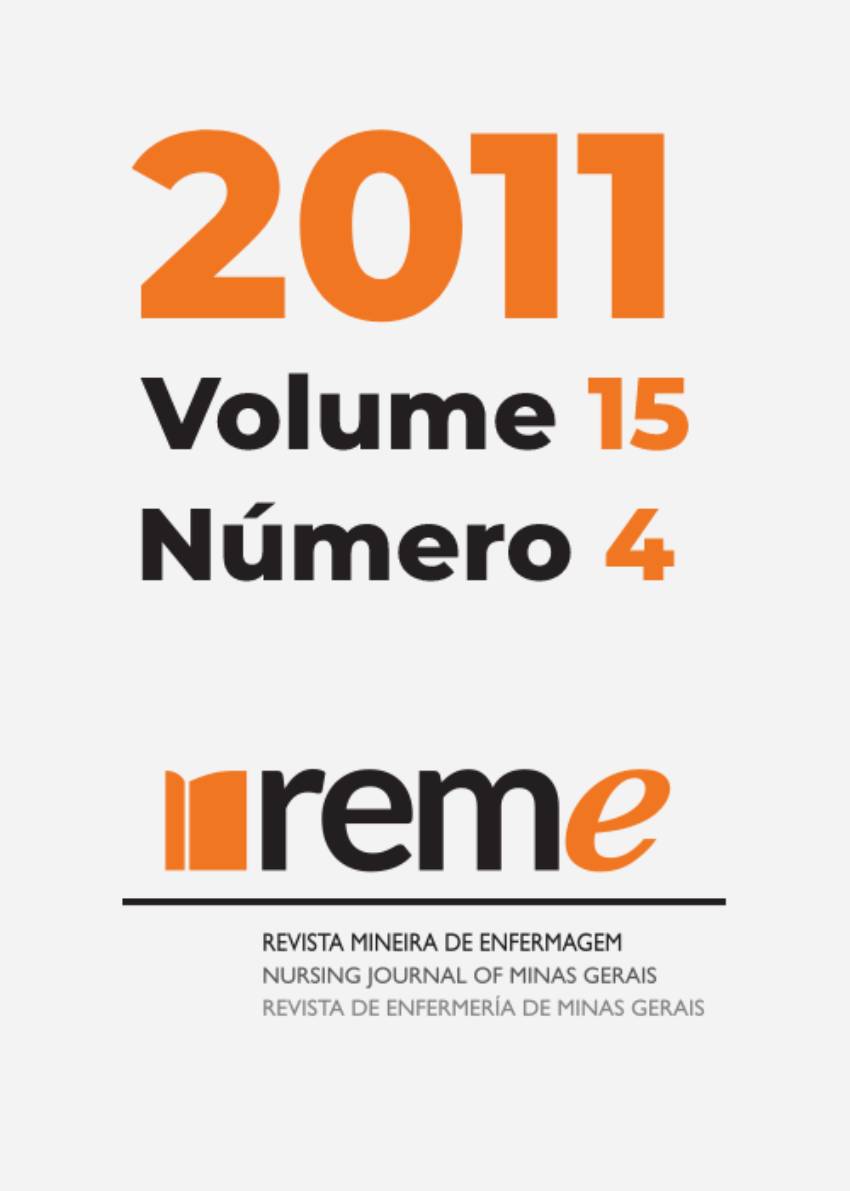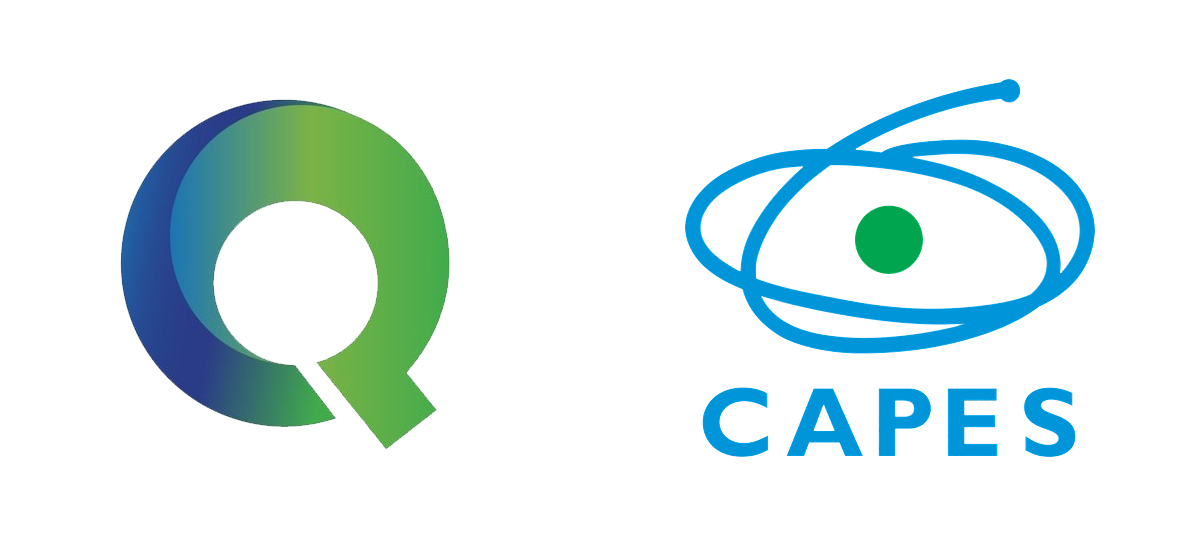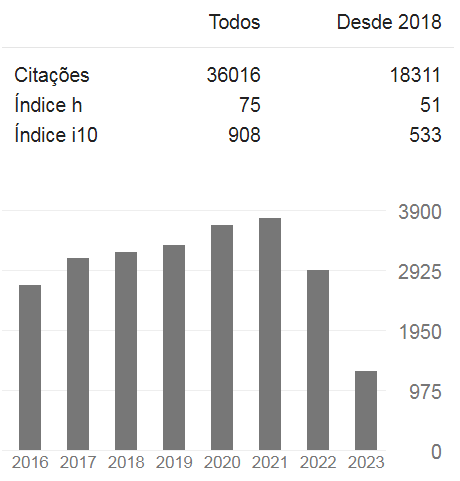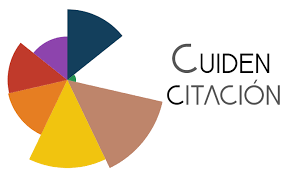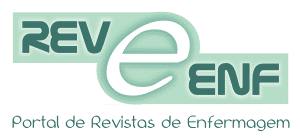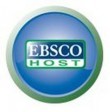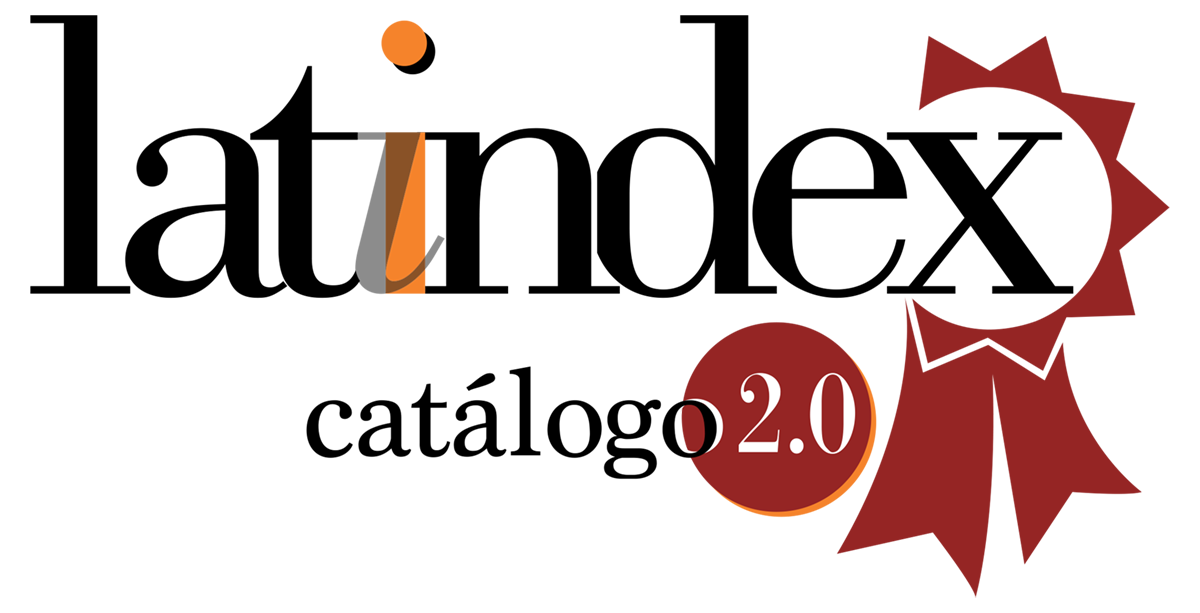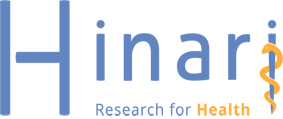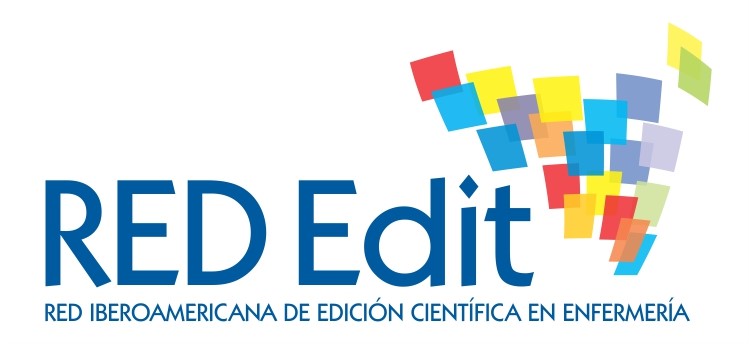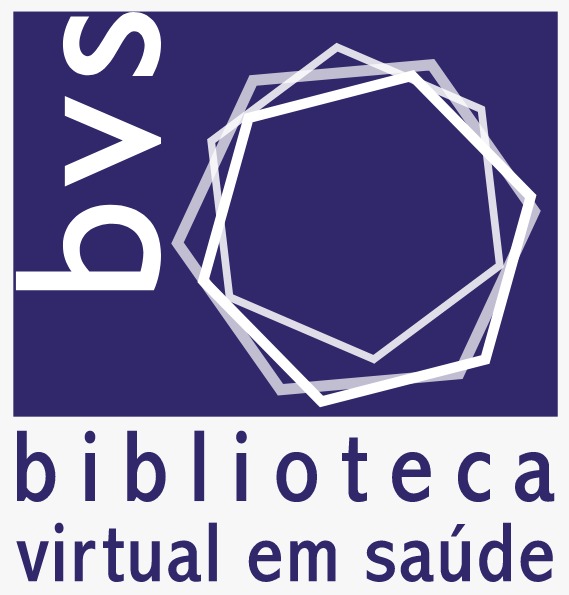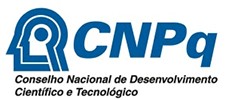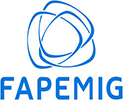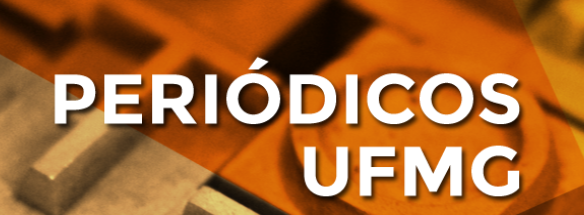Extravasation of antineoplastic drugs: assessment of the nursing team knowledge
Keywords:
nursing, antineoplastic, knowledge, extravasation of diagnostic and therapeutic materialsAbstract
Local dermatologic toxicity due to extravasation of antineoplastic drugs is one of the main adverse effects of antineoplastic therapy and it is considered an oncologic emergency. Its prevention is vital since it is a source of stress to the nursing team and it may cause irreparable harm to the patient. This study aimed to evaluate the knowledge of the nursing staff at an Adult Outpatient Chemotherapy Unit about antineoplastic drugs extravasation. It is an exploratory, descriptive and quantitative research carried out in a philantropic referral hospital for oncology in Curitiba (PR). The sample consisted of nine nursing staff employees (33% nurses and 67% practical nurses). The most cited extravasation signs and symptoms were "o edema" (89%), " hyperaemia "(78%), "pain" (67%), and"burnings/stinging" (33%). Regarding the risk factors for extravasation, the most cited were "puncture site" (44%), "punctured limb condition" (33%), and "sclerosed veins" (33%).There was no consensus on the correct order to veinipuncture previous to the chemotherapy performance. Extravasation prevention is a constant concern in the nurses clinical practice.This study shows the importance of nursing care refresher training and the elaboration of clinical guidelines, so that professionals can identify patients at higher risk of extravasavion aiming at preventing its occurrence instead of treating it afterwards.Downloads
Download data is not yet available.
Published
2011-12-01
How to Cite
1.
Schneider F, Pedrolo E. Extravasation of antineoplastic drugs: assessment of the nursing team knowledge. REME Rev Min Enferm. [Internet]. 2011 Dec. 1 [cited 2024 Jun. 30];15(4). Available from: https://periodicos.ufmg.br/index.php/reme/article/view/50351
Issue
Section
Research

